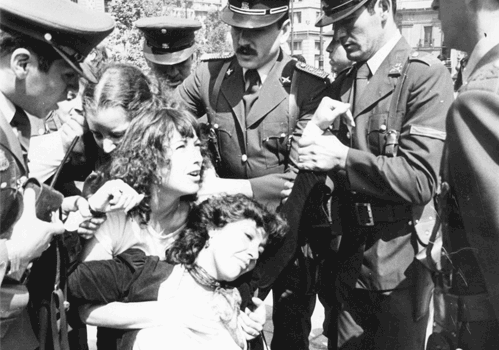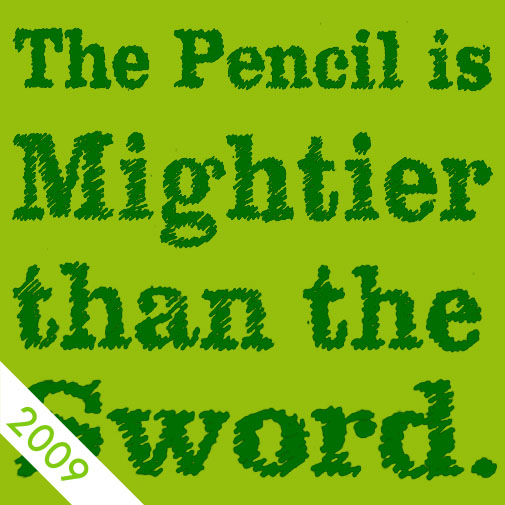Today, May the 3rd, has been designated by UNESCO as World Press Freedom day. A free press enables all of us to defend our rights by asking for accountability and transparency from governments and businesses and by exposing corrupt and criminal organisations.
According to Reporters Without Borders, 9 journalists have sacrificed their lives to defend this right since the start of 2010. That’s two journalists a month.
It's an ongoing battle that can have tragic outcomes in those parts of the world where governments are more oppressive. At times it's a subtler phenomenon that nonetheless has a tremendous effect in manipulating public opinion in more consolidated, or “liberal”, democracies.
The focus of our current poster competition "Death is not Justice" is the universal abolition of the death penalty. Although the link might not seem obvious, it's only through the free circulation of information that violations of a citizen's basic human rights, such as State ordered execution, can be brought before public attention and openly debated.
According to Amnesty International's statistics and projections, the death penalty is still largely undocumented in the countries where it is practiced with greater frequency, such as Iran and China. The impossibility to track the phenomenon with precise numbers - and names - poses an enormous obstacle to tackling the issue in an open manner.
On UNESCO's website you can find an interesting interview with Mónica González Mujica (as seen kneeling in the photo taken from amdoc.org, as she was being arrested in 1984), the latest World Press Freedom Award laureate.
Her inspiring investigative journalist work can be also found in Spanish on her association website, CIPER Chile (in Spanish), that promotes investigative journalism to empower Chilean society.

